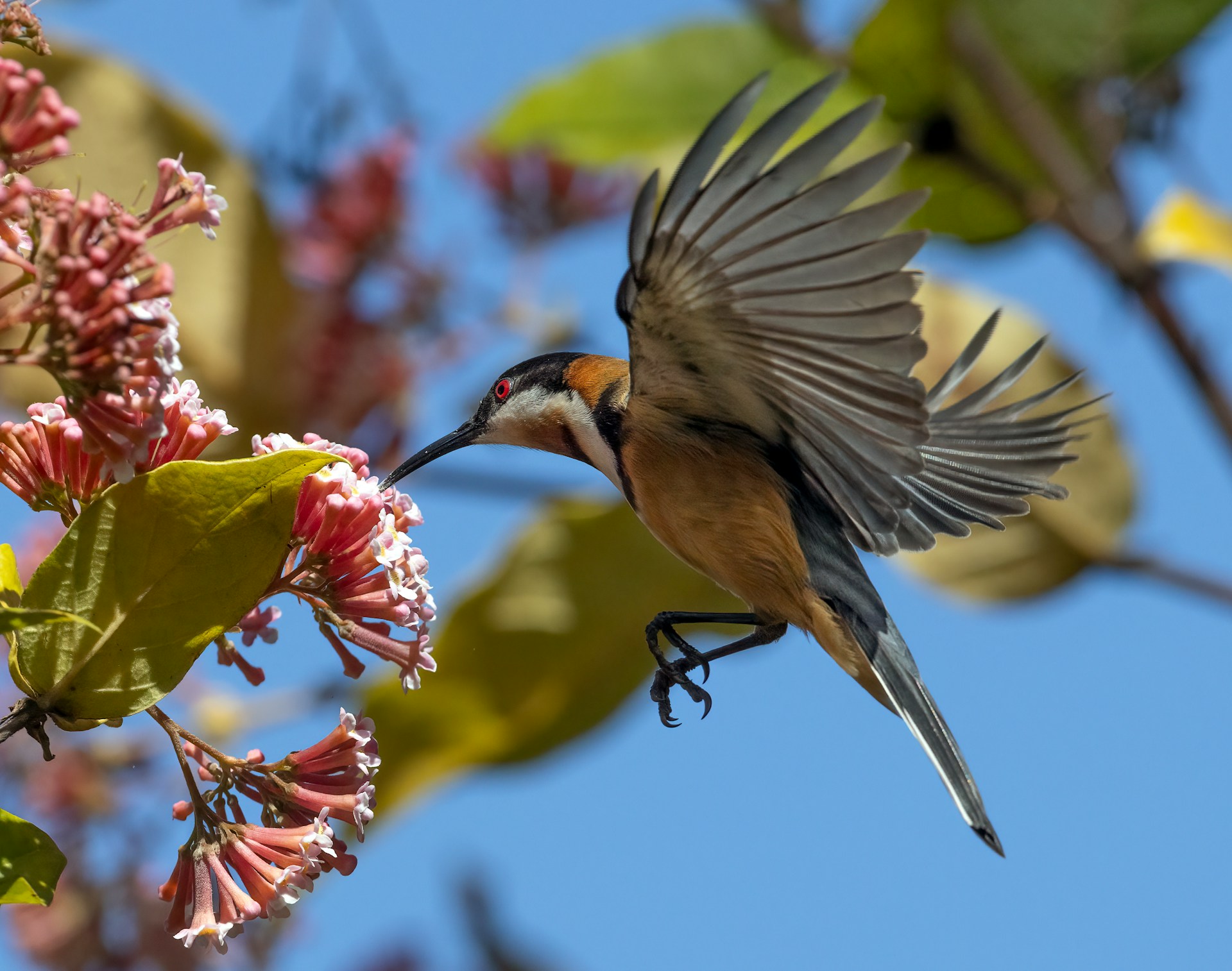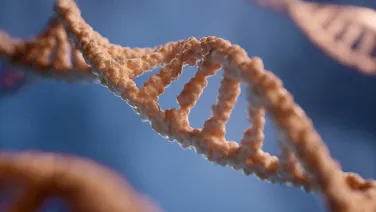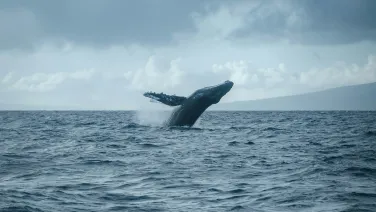
Stories from the front line – conservation of Australia’s Difficult Birds
The world is in the midst of a biodiversity crisis, and in Australia, many species are in urgent need of conservation action and research. Presented by Dr Dejan Stojanovic
Speakers
Event series
Content navigation
RegisterDescription
The world is in the midst of a biodiversity crisis, and in Australia, many species are in urgent need of conservation action and research. However, for many species, their life histories pose major challenges for research – they may be cryptic, or exist as small scattered populations in rough, remote terrain. For these difficult to study species, conservation can be especially challenging, but is typically urgently needed due to entrenched threats and lack of knowledge. The Difficult Bird Research Group focusses on these species, aiming to overcome the entrenched barriers to effective conservation despite the odds. This talk will showcase some of the conservation success stories from the groups work, including the revelation of surprising new threatening processes, as well as the creative solutions engineered to mitigate their impacts. Focussing on species like the swift and orange-bellied parrots, forty-spotted pardalote and regent honeyeater, this seminar will provide insights into the approaches needed to make progress in conserving some of Australia’s most threatened and interesting birds. From forgotten songs, predators in the night to self-fumigation and mechanical doors, this seminar will explore how creativity, innovation and robust science are critical to achieving conservation action in the anthropocene.
About the speaker

I am a conservation scientist interested in the factors that affect small and declining populations, and am responsible for managing on-ground operations of the DBRG. I undertook my PhD research on the breeding biology of the endangered swift parrot in their Tasmanian breeding range, and it was this research that led to the discovery of the severe predation on birds by sugar gliders. My research was the first to apply new technology and sophisticated analytical tools to address a major gap in knowledge about one of Australia’s most threatened birds. My research shed light on details about the breeding ecology of a species for which there were no data in spite of its severely threatened status. I am closely involved in the management of the orange-bellied parrot program at the Melaleuca population and I am leading the way in new ecological research about this species both in the wild and captivity. My extensive experience in the management approaches applied to the recovery program for the OBP provides a unique insight into the challenges and opportunities facing this and other threatened species. I supervise a team of students working on a range of other threatened Australian birds.
Location
Online





